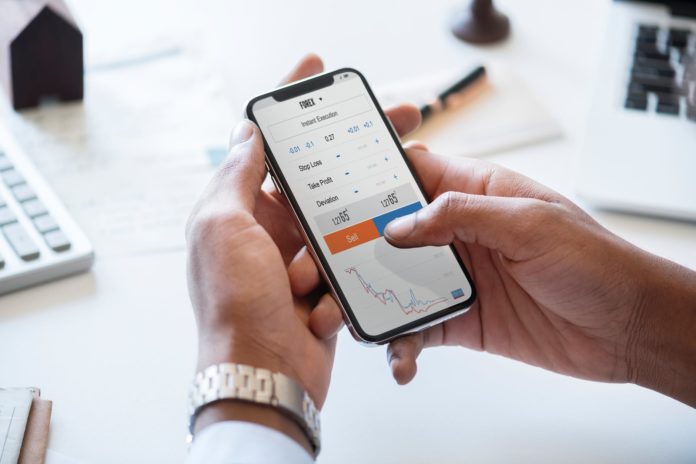Itaú Unibanco Holding is Brazil’s largest lender, and on Monday (May 13) it announced that it’s going to launch a new QR code-based payment system by Q3 of 2019, according to a report by Reuters.
The new platform will be called Iti, and it will work through an app that connects merchants and customers to each other. It can be used by both customers and non-customers of the institution.
Merchants who use the service will pay a 1 percent fee per transaction, and they will receive payments right away. The fee is cheaper than that of many current card processors, and the app doesn’t require a merchant to buy a card reader.
The news affected the shares of many Brazilian card processors, like StoneCo, Cielo and PagSeguro Digital, whose value dipped significantly after the announcement.
The CEO of Itaú’s card processor Rede, Marcos Magalhães, said the new service will attract a number of small merchants who don’t need customized services.
The service is aimed at all Brazilians, regardless of income bracket, and can even be used by people with no bank accounts, since Iti also acts as a digital wallet with no fee.
About one-third of adults in the country do not have a checking account, a ratio that’s higher than both India and China.
In addition to the QR service, users will be able to transfer money to each other using an in-app messaging service. The company is also reportedly considering the offering of investments, loans and insurance products through the app.
Last year, Itaú Unibanco Holding added Apple Pay functionality.
According to news from Reuters at the time, Itaú Unibanco said Apple Pay was available to its 1.2 million cardholders for an exclusive 90-day period. Customers needed to have an iPhone 6 or higher. During the 90-day period, Brazilian retailers provided a discount for purchases using Apple Pay. Google Pay launched in Brazil in March of ‘18, with Google’s parent company Alphabet inking a partnership with Bradesco SA, the country’s second-largest lender. Brazil was the first South American country to support Apple Pay.
To read more about mobile payments we recommend you to read this: Why the next big thing in fintech is not mobile payments
















![Doxton Group Review: Introduction to the Essentials of FX Trading [doxtongroup.com] Doxton](https://www.fintechnews.org/wp-content/uploads/2025/01/Fintechnews-2-218x150.jpg)




